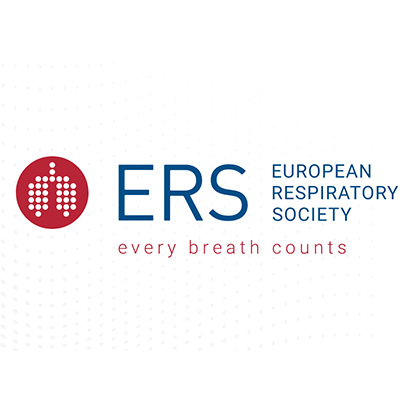Session Information:
Title: Adopting the 2019 ATS/ERS spirometry guidelines in clinical trials: impact on site and patient burden
Date: Monday, September 5th, 2022
Time: 9:00 a.m. CET
2019 ATS/ERS spirometry guidelines (GL) introduced a 4th phase that allows objective determination of full inflation. Adoption of the 2019 GL by pulmonary labs has been slow. We evaluate the impact of 2019 GL on site and patient burden in clinical trials.This poster presentation will review the methods, results and conclusions from the evaluation of this impact.
Presenter

Phil Lake, Ph.D.
Senior Director, Respiratory Solutions at Clario
Phil Lake is a respiratory specialist who supports clients all around the world and has held various roles in drug development for more than 22 years, predominantly focused on respiratory trials. Previously, he held positions at SmithKline Beecham and GlaxoSmithKline within respiratory drug development, working on respiratory drug development in a range of drug mechanisms and trial designs including landmark studies such as exacerbations, mortality, and mechanistic studies focusing on biopsy and sputum biomarkers. Phil has concentrated extensively on understanding drivers for variability to reduce the risk of study failure that included traditional respiratory indications as well as generic bioequivalence studies and the use of lung function as a biomarker within many rare diseases. He has focused on understanding potential safety signals within drugs which could have negative impacts on lung health. Phil has been pivotal in early centralized over read studies and is committed to driving improvements in lung function testing within decentralized trials.
